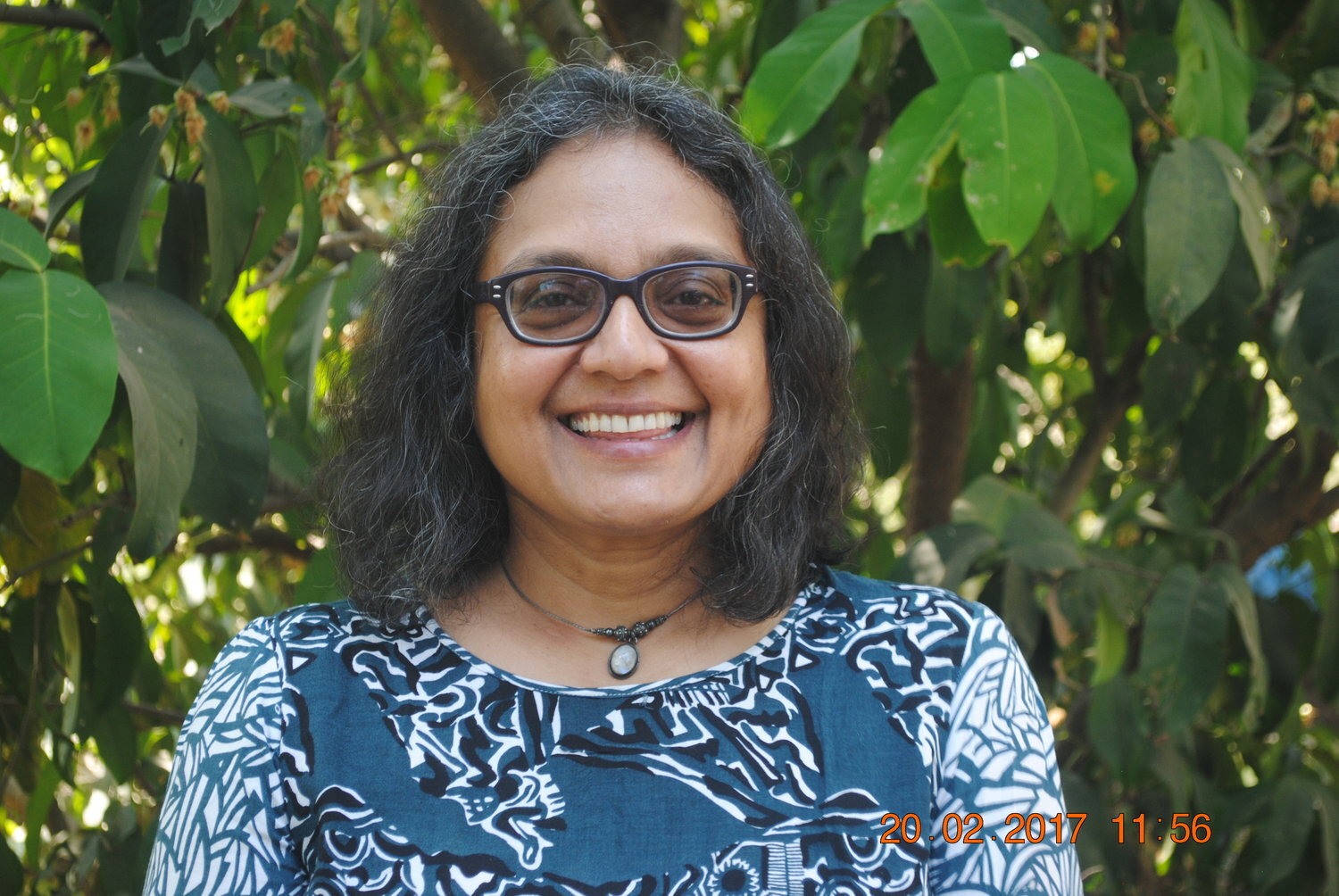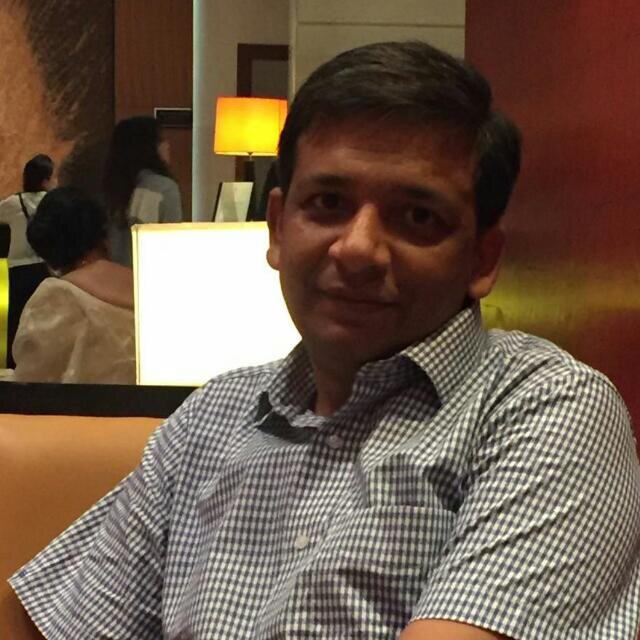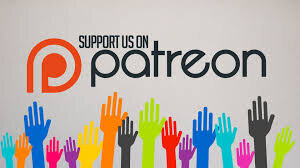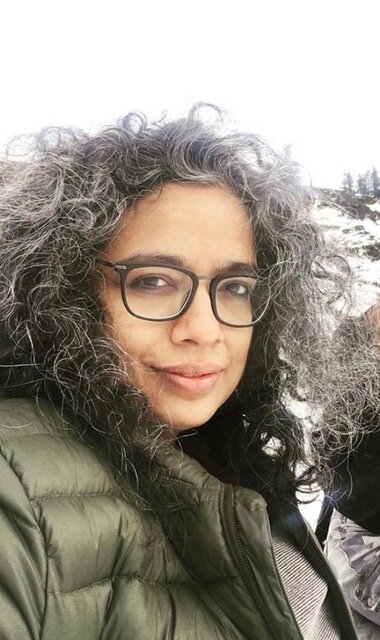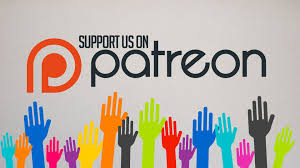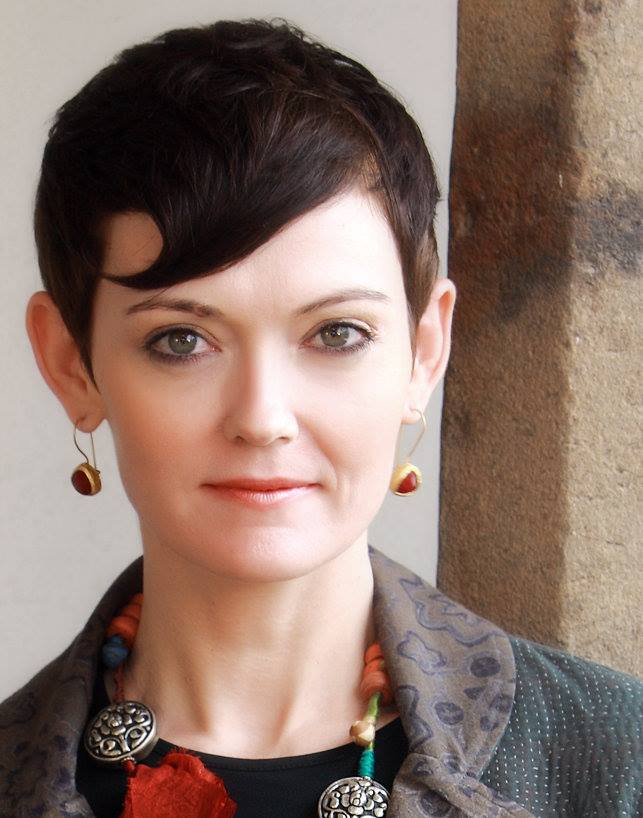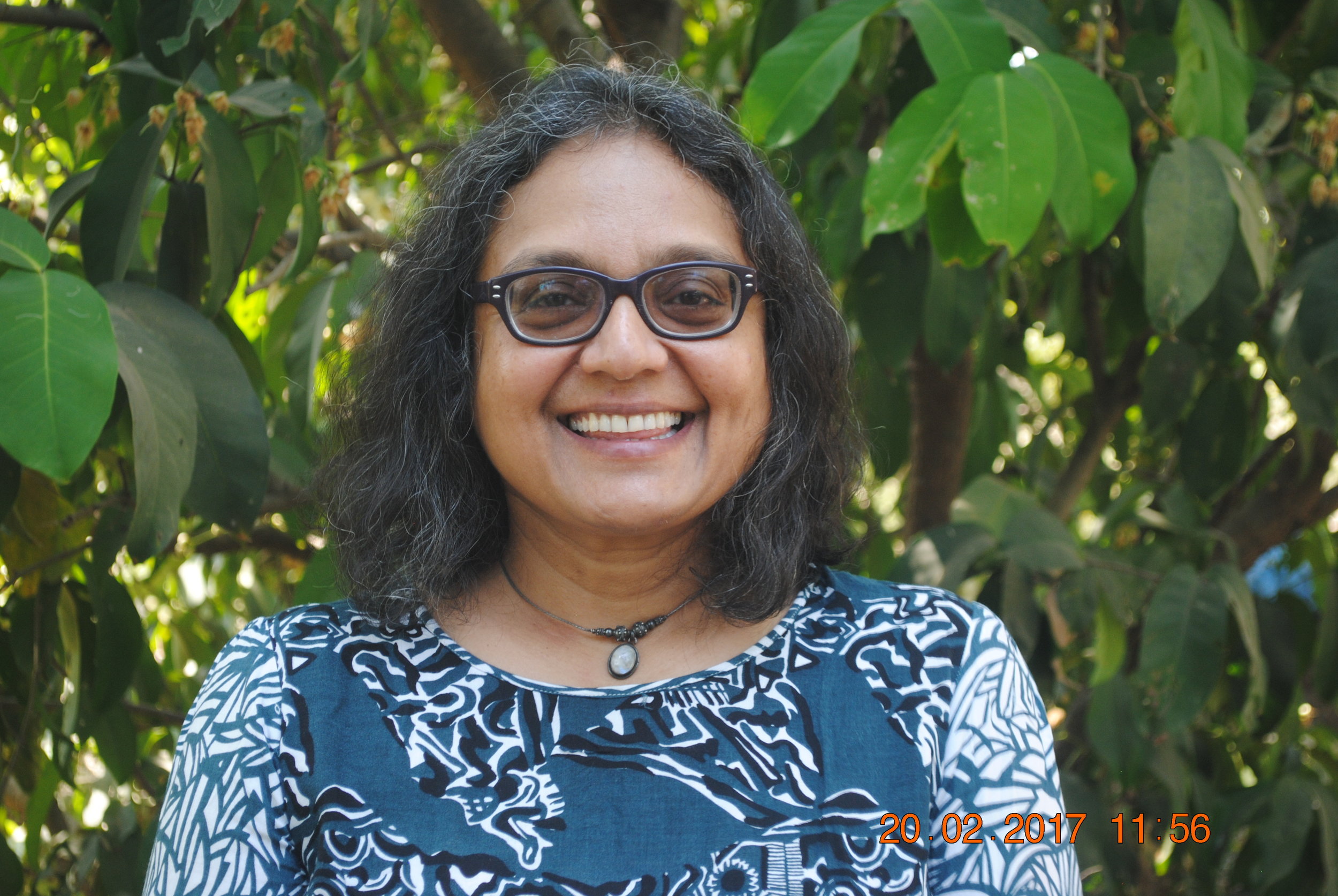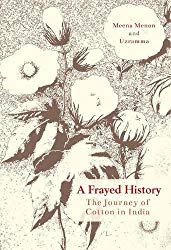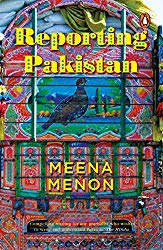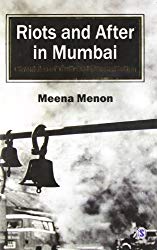For this episode we catch up with Indian journalist, and previous guest, Meena Menon to discuss the current status of press freedom in India, and in particular how the subject relates to reporting on the COVID pandemic. According to RSF (Reporters Without Borders) 2021 Global Press Freedom Index, India holds a rank of 142nd.
Be sure to catch part one of this two-part discussion about the current COVID crisis in India, as well as our interview with Meena, in Episode 25, about reporting in India, and from Pakistan as an Indian correspondent.
For those looking to get involved or to donate, these links have been suggested by friends in India. As always, be sure to do your homework and your own vetting before donating to any organization.
And you can learn more about the status of lifting patent restrictions on COVID vaccines here. Be sure to read to the end. There appears to be hope, but the issue is far from decided.
79: India's COVID Crisis
This episode is the first of a two-part discussion about the current situation in India. Those following the world news headlines for the past few days will be aware that that Mumbai and its surrounding state of Maharashtra are at the epicenter of an epicenter of COVID cases, with India far and away leading the world, and with an infection rate that shows no signs of slowing down during its second wave.
According to a BBC report:
“In January and February, the national number of daily cases fell to under 20,000 from peaks of around 90,000 in September last year.”
However on Tuesday May 4th more than 357,000 cases were reported in the span of 24 hours.
Hospitals and staff are at their breaking point, with many out of basic life sustaining supplies like oxygen plants and oxygen cylinders, with a resulting black market emerging to address the demand. Quite simply, people are getting infected and dying faster than they can be counted, and even the facilities for cremating the dead have been overwhelmed.
Our guest is Amitabh Sinha, an editor with the Indian Express, based in Pune, about 150 kilometers from Mumbai.
Be sure to check Episode 80 for the second part of our discussion, where we speak with journalist Meena Menon about the poor state of press freedom in India and how it relates to reporting on the pandemic.
For those looking to get involved or to donate, these links have been suggested by friends in India. As always, be sure to do your homework and your own vetting before donating to any organization.
Episode 49: The Gulf's Dirty Secret
The Kafala or “sponsorship” system is used throughout the Gulf countries (as well as Jordan and Lebanon) to monitor and organize migrant laborers, from recruitment abroad to their management upon arrival, and particularly in the construction and domestic work sectors.
Under the Kafala system a migrant worker’s presence in a host country is linked entirely to their employer, with the effect that it’s not only difficult or impossible to switch jobs, but all elements of their daily lives from access to their passports, their freedom of movement, their living conditions, their ability to leave the country, and their basic dignities are all controlled by their employer. And there is often little to no regulation put in place to protect workers against exploitation and abuse. And abuse has been rampant for decades. From sexual harassment and rape of domestic workers to squalid living conditions and work without pay for construction workers and manual laborers.
This dirty secret is often hidden inside of people’s homes or in isolated camps, so access to covering and exposing it is extremely difficult to obtain, which is why the work of our guest Vani Saraswathi and Migrant-Rights.org is so critical.
Episode 43: Kashmir
Our guest this week is a young Kashmiri woman currently living in Mumbai.
Situated in a mountainous region between India and Pakistan, Kashmir has been a nominal part of India since shortly after India and Pakistan both gained independence from the British in 1947. It’s also India’s only Muslim majority state and was the battleground in two separate wars between India and Pakistan and several armed conflicts between the two nuclear-armed rivals, including one limited engagement earlier this year.
Under article 370 of the Indian constitution Kashmir was guaranteed broad autonomy, including a separate constitution, and freedom to administer its own affairs in all areas except for currency, communications, defense, and foreign policy. Over the past few decades much of this autonomy has been slowly rolled back by the central government in Delhi, but one key feature that remained was Kashmiris exclusive rights to buy and own land in Kashmir. This key remaining feature of Kashmiri autonomy was eliminated when Hindu Nationalist Prime Indian prime minister Narendra Modi’s government eliminated article 370 from the Indian constitution earlier this month. Since that time landlines, mobile communication links, and the Internet have been cut, and Kashmiris have been cut off from the rest of the world and their families in India.
Taken in Gaza City, Palestine, April, 2013. Photo credit: Eric Maddox
Episode 31: Out of Options - Syrian & Yemeni in Malaysia
Hashed had to flee Yemen after his father was killed, and what followed was an odyssey that has taken him from Djibouti, to India, to Malaysia, where his struggle is far from over.
Hassan is from Syria, and he also wound up in Malaysia, after his work visa in the UAE expired and the Emirati government threatened to deport him back to Syria. Hassan became the subject of international attention when he spent 7 months trapped in the Kuala Lumpur airport. These are their stories, and you can help.
Episode 25: Researching Sex Work
Kimberly Walters completed her PhD research in India, and her current project focuses on humanitarian interventions into the lives of women who sell sex in South India. We examine the competing narratives, political interests, and funding priorities that distinguish campaigns for the rights of sex workers from those that focus on abolition and rehabilitation. And we discuss how some of the very institutions which are supposed to be rescuing women from trafficking end up incarcerating, exploiting, and oppressing them further. This episode is a must listen no matter your level of familiarity with this subject, as supporters can find themselves unwittingly funding organizations and policies that contribute to the abuse and stigmatization of women across the Global South.
Latitude Adjustment is 100% listener supported. If you agree that we need more independent media that prioritizes curiosity and connections over fear and divisions then please support us with a monthly donation through our Patreon page. Thanks!
Articles by Kimberly Walters:
Additional Reading:
”Human Trafficking & Contemporary Slavery”, by Ronald Weitzer
Episode 23: Reporting India
Meena Menon is the author of three books, and her reporting career has seen her covering a broad range of topics in India, and also took her to Islamabad, Pakistan as the correspondent for The Hindu. We discuss her experiences as an Indian reporting from Pakistan and India-Pakistan relations, the suicides of tens of thousands of Indian farmers since the 1980’s and the colonial legacy of the cotton industry, the 1992-93 sectarian riots in Mumbai, and her thoughts on the upcoming general elections in India, the world’s largest democracy. You can find links to her three books below.
Latitude Adjustment is 100% listener supported. If you dig our content and our mission then swing by our new Patreon page and sign up to contribute a dollar or two (or more) a month so I can pay the bills while I make things. Thanks!
Correction: in the introduction I mistakenly stated that the Babri Mosque was located in the state of Ayodhya in Uttar Pradesh. Ayodhya is a city in the state of Uttar Pradesh.
The Virtual Dinner Guest Project:
“Here Is What Happened When India And Pakistan Had Dinner Together”

